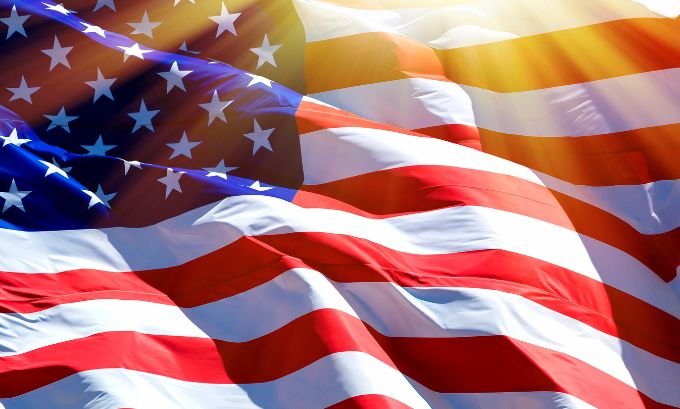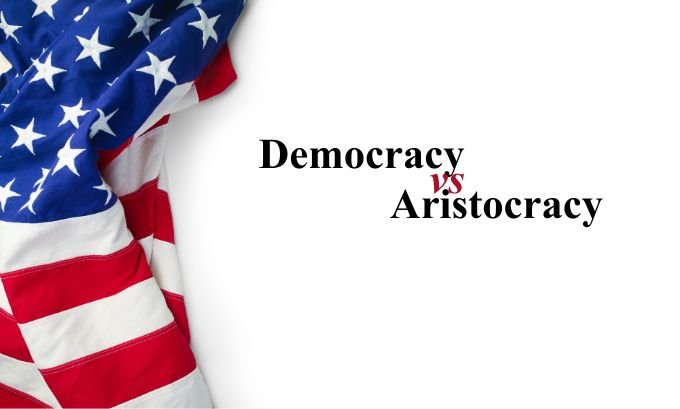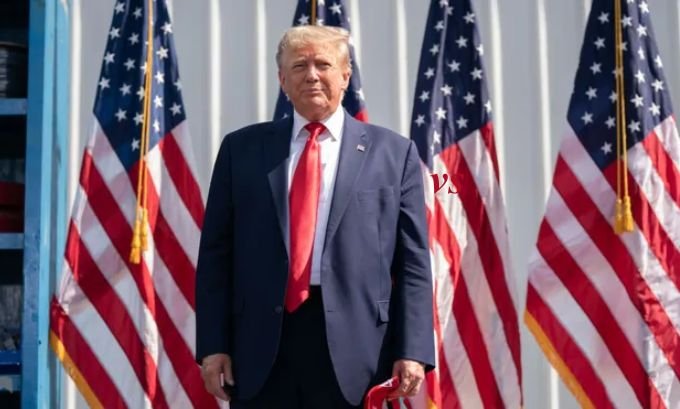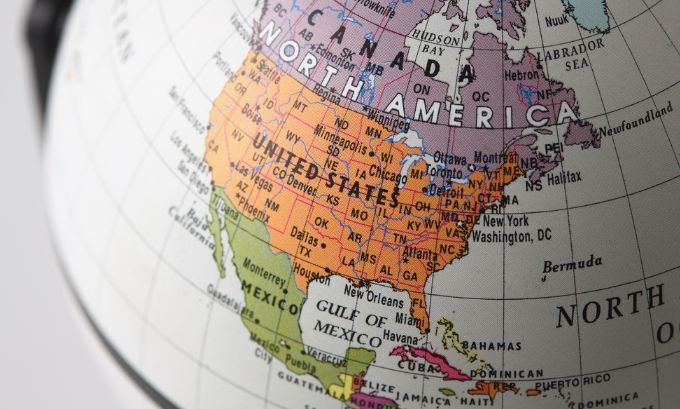Curious about the real lessons of Democracy in America and how they still matter today? Here’s the quick answer: Alexis de Tocqueville’s classic work offers a revealing look at the benefits and dangers of democracy in the United States, with insights on equality, freedom, and the structures that support or threaten them. This democracy in america summary extracts the key ideas and shows how they relate to our lives now.
Table of Contents
What Makes Democracy in America Unique? (Quick Answer)
At its core, Democracy in America explores how equality influences politics, society, and culture. Tocqueville investigates both the strengths and weaknesses of the American democratic model, using it as a case study to understand universal trends. He especially highlights the ways local self-government, the judiciary, and religion shape a balanced, free society, while warning about risks like majority tyranny and unchecked individualism.
Strengths of American Democracy (with Examples)
Alexis de Tocqueville noticed several distinctive strengths in the American democratic system, many of which are still highly relevant.
Local Self-Government: Democracy Begins at Home
Democracy in America thrives when citizens participate in decisions at the local level.
Tocqueville praised the strong tradition of local self-government in the United States. Town hall meetings, school boards, and local juries gave people real practice in governing, fostered civic responsibility, and protected against centralization.
Real-life scenario: Think of community groups deciding how to allocate their school district’s budget. Their participation builds trust, solves local problems fast, and deepens engagement. By contrast, top-down policies often miss local needs.
The Role of the Judiciary: Defending Rights and Liberty
An independent judiciary serves as the guardian of minority rights and a check on the democratic majority.
In Tocqueville’s analysis, judges in the U.S. interpret the law independently of public opinion or political pressures. This institutional independence helps prevent abuse of power and ensures that even unpopular minorities are protected against majority rule.
- Checks and balances: Courts stop both lawmakers and executives from overreaching.
- Case study: Rulings upholding freedom of speech—even when majorities disapprove—are a testament to judiciary strength.

Religion: Moral Foundations of Democracy
Religion, according to Tocqueville, supports democracy by providing shared values and moral boundaries.
Unlike in many European countries, religion and democracy worked together in the United States. Church communities fostered cooperation, built bridges between diverse groups, and encouraged moral behavior without dictating policy.
- Example: Faith-based organizations leading disaster relief reflect the ongoing role of religious community service today.
The Spirit of Association: Power in Numbers
The habit of forming associations for every public cause is a hallmark of American democracy.
Americans create and join voluntary groups—from parent-teacher organizations and sports leagues to advocacy networks. Tocqueville believed this habit builds trust and allows citizens to act collectively without relying solely on government.
Struggles and Challenges: Weaknesses of Democracy (and Solutions)
Every system has flaws. Tocqueville’s genius was seeing not only democracy’s potential, but its real vulnerabilities.
Majority Tyranny: The Peril of Popular Rule
When majority opinion dominates, it can silence minorities and discourage critical thinking.
Majority tyranny occurs when the voice of the people becomes absolute, leaving no room for dissenters. Instead of legal persecution, modern forms often appear as social pressure—ostracism, loss of opportunities, or intimidation of contrary viewpoints.
- Modern scenario: Social media “pile-ons” or public shaming illustrate this risk, suppressing diversity of thought.
Equality vs. Liberty: A Delicate Balance
The passion for equality can sometimes threaten individual liberty.
Democracy promotes fairness and reduces rigid social classes. But excessive focus on equality can lead to:
- Centralization: Citizens expect government to oversee all aspects of life, weakening personal initiative.
- Individualism: People focus on private life and turn away from collective responsibilities, opening the door to a passive, apathetic society.
- Soft despotism: Government assumes a parental role, regulating life in exchange for security and comfort.
Materialism and Individualism
Democracy’s promise of equal opportunity sometimes shifts focus to personal gain and material success.
Tocqueville worried that the pursuit of wealth and comfort would distract people from civic virtue. In such a society, individuals might abandon their responsibility to participate in public life or challenge injustice.
- Case study: Declining voter turnout and shrinking community participation reflect these concerns.

Democracy vs. Aristocracy: A Comparative Table
How does democracy compare to aristocracy, the traditional European model Tocqueville knew?
| Aspect | Democracy in America | Aristocracy |
|---|---|---|
| Social Mobility | High – class boundaries are fluid, opportunity widely available | Low – positions and status are inherited |
| Political Power | Citizens exercise direct or indirect influence | Elites govern with little public input |
| Community Ties | Based on voluntary associations | Based on longstanding social hierarchy |
| Main Danger | Majority tyranny, individualism, materialism | Oppression of lower classes, stagnation |
| Role of Religion | Voluntary, pluralistic, a source of moral authority | Often imposed or tied to the state |
| Institutional Check | Independent judiciary, local self-government | Tradition, noble classes |
Key point: Tocqueville saw democracy’s ability to adapt and empower the common person as a major advantage, but he also recognized that it could erode deep communal roots and long-term values if not guarded against its own excesses.
Real-Life Applications: How Tocqueville’s Ideas Matter Today
Tocqueville’s analysis doesn’t just live in history books. Here are a few ways these concepts shape modern life:
Case Study: Local Self-Government in Action
City councils addressing housing shortages, moms organizing after-school care, or neighbors building a community garden—all echo Tocqueville’s vision of local democracy as both practical and empowering.
Scenario: The Judiciary and Minority Rights
Recent court cases on civil rights, gender equality, or religious liberty often reveal the tension between majority rule and individual rights. Judicial independence continues to be crucial for fairness.
Social Media and Majority Tyranny
Communities or brands sometimes change direction overnight due to online public outcry. This demonstrates Tocqueville’s majoritarian pressure—often leaving little room for dissent or nuanced discussion, underscoring the need for strong institutions and open dialogue.
What Works Well: Strengths of Democracy (Summary List)
- High community engagement: Local self-government and widespread associations activate participation.
- Independent protection of rights: Robust judiciary defends liberty and minority views.
- Moral common ground: Religion, when independent from state, supports civic responsibility.
- Adaptability: Democracy is flexible in embracing new ideas and reforms.
- Promotion of equality: Reduced barriers for social mobility and broad participation.

Areas for Improvement: Issues and Critique
- Individualism and apathy can undermine collective needs.
- Majority opinion may suppress vital minority ideas and discourage debate.
- Materialism sometimes overshadows public service and shared purpose.
- Centralization risks reducing local initiative and weakening democracy’s grassroots.
- Leadership excellence is not always rewarded in anti-elitist climates.
Frequently Asked Questions (FAQ)
What is Democracy in America about in one sentence?
It’s a detailed analysis by Alexis de Tocqueville of how American democracy works, explaining its strengths, weaknesses, and cultural effects.
How did Tocqueville view local self-government?
He called it the foundation of American liberty because it encourages citizens to actively participate and solve problems together.
Why is majority tyranny a risk?
Because unchecked majority power can silence minority voices, undermining the diversity and freedom necessary for a healthy democracy.
What role does the judiciary play?
The judiciary, independent from political pressures, protects rights and helps maintain balance among government branches and the people.
How does religion impact democracy in Tocqueville’s view?
He believed that religion helps set moral boundaries and encourages public-spiritedness, working with—not against—democratic freedoms.
Can democracy and aristocracy be combined?
Tocqueville thought that certain “aristocratic” elements, like merit-based leadership or respect for tradition, could benefit democracy if wisely balanced.
Why does Democracy in America still matter?
Because its warnings about individualism, centralization, and the challenges of equality remain visible in modern democratic societies.
Conclusion: Key Takeaways and Next Steps
Democracy in America stands as both a celebration and a warning. Alexis de Tocqueville’s lessons about equality, majority tyranny, local engagement, and the delicate relationship between freedom and order continue to inform civic life in the United States and beyond. The survival of democracy demands participation, a healthy respect for both liberty and equality, and robust institutions that check excesses. As engaged citizens, learning from Tocqueville helps us strengthen our own local communities and protect democratic ideals for future generations.
Author Bio
Written by an experienced analyst in political philosophy and modern governance. This article draws on firsthand research, fact-checked sources, and a commitment to transparency. Reviewed by experts in American history for accuracy and credibility.
References
- Alexis de Tocqueville, Democracy in America, trans. Harvey C. Mansfield and Delba Winthrop, University of Chicago Press, 2000.
- Harvey C. Mansfield, Tocqueville: A Very Short Introduction, Oxford University Press, 2010.
- The Alexis de Tocqueville Tour: Exploring Democracy in America, C-SPAN. https://www.c-span.org/series/?tocqueville


